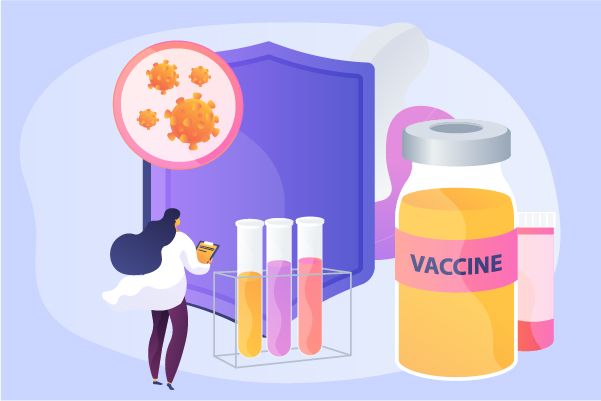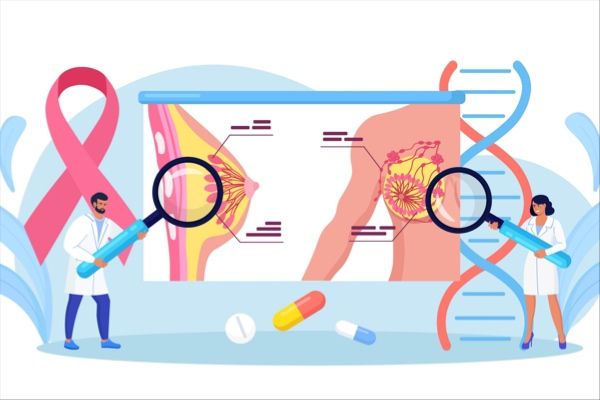Request Demo
Recent blog posts
"What" Series
3 min read
What are the adjuvants in vaccines?
11 May 2024
Adjuvants are substances used in vaccines to enhance the body's immune response to an antigen.
"What" Series
2 min read
What adjuvants are and how they work?
11 May 2024
Adjuvants are substances that are added to vaccines to enhance the body's immune response to an antigen (a substance that can trigger an immune response).
"What" Series
2 min read
What is the dose escalation trial in the design of clinical trials?
11 May 2024
A dose escalation trial, also known as a dose-ranging study, is a type of clinical trial design used primarily in Phase I of drug development.
"What" Series
3 min read
What are the characteristics of seamless Phase I/II clinical trials?
11 May 2024
Seamless Phase I/II clinical trials are a type of clinical trial design that combines elements of both Phase I and Phase II trials into a single study.
"What" Series
2 min read
What is Age-standardized Rate?
10 May 2024
Age-standardized rate refers to a statistical measure that allows for the comparison of health-related rates, such as disease incidence or mortality rates, between populations with different age structures.
"What" Series
2 min read
What is the difference between the CDER and CBER divisions of the FDA?
8 May 2024
The U.S. FDA encompasses multiple centers including key ones like the Center for Drug Evaluation and Research (CDER) and the Center for Biologics Evaluation and Research (CBER).
"What" Series
2 min read
What are the types of special review for drugs?
8 May 2024
Special review for drugs is designed to accelerate the marketing of new drugs, especially those with significant clinical advantages or used to treat serious diseases.
"What" Series
2 min read
What are immune checkpoints?
7 May 2024
Immune checkpoints are a class of regulatory molecules in the immune system that are expressed on immune cells such as T cells and can modulate the intensity and duration of immune responses.
"What" Series
2 min read
What is Diabetic Macular Edema?
7 May 2024
Diabetic macular edema (DME) is an eye complication related to diabetes, primarily affecting the macula region of the eye.
"What" Series
2 min read
What is a Clinical Trial Default Approval?
30 April 2024
A clinical trial default approval is a system where applicants can proceed with drug trials as planned if the review agency does not reject or question the submission within a set period.
"What" Series
2 min read
What is the definition of a rare disease?
30 April 2024
A rare disease, also known as an "orphan disease," refers to diseases with relatively low prevalence rates.
"What" Series
2 min read
What is Triple-Negative Breast Cancer?
28 April 2024
Triple-Negative Breast Cancer (TNBC) is a subtype of breast cancer that lacks estrogen receptors (ER), progesterone receptors (PR), and human epidermal growth factor receptor 2 (HER-2) on its cells.











